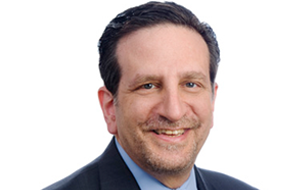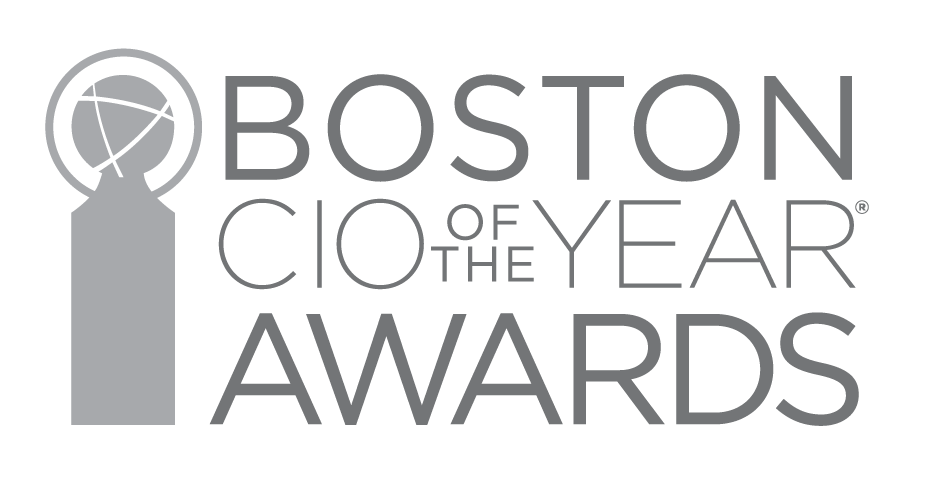Stephen Gold, EVP and CIO of CVS Health, recently took home the Enterprise CIO of the Year Award from the Boston CIO Leadership Association. He credits much of his success as a CIO to a leadership philosophy centered on a culture of accountability. We caught up with Gold to discuss why culture is important, how he cultivates it within his organization, and why all CIOs should properly prioritize culture fit when recruiting IT talent.

The Enterprisers Project (TEP): Can you tell us more about the "culture of accountability" you've developed in your IT organization? Why is it important to your overall IT strategy?
 Gold: The experience I have gained across my career has shown me how a gap in accountability can have a significant impact on business performance. As the saying goes, “Culture trumps strategy” – for me, it trumps everything. Accountability is not a technology issue, and it’s not a process issue. It’s a people issue – it’s a cultural issue. Therefore, it needs to be an integral part of the strategies that we develop to effect change and to deliver outstanding results.
Gold: The experience I have gained across my career has shown me how a gap in accountability can have a significant impact on business performance. As the saying goes, “Culture trumps strategy” – for me, it trumps everything. Accountability is not a technology issue, and it’s not a process issue. It’s a people issue – it’s a cultural issue. Therefore, it needs to be an integral part of the strategies that we develop to effect change and to deliver outstanding results.
If you have an accountable organization, you have an organization that intrinsically understands the impacts of underperformance and where the opportunities are to permanently bend the performance curve so that failures and under-delivery are corrected, not repeated. It means knowing the cause of problems, and from there, charting a path to fix them. It’s also about understanding how to be agile, responsive and how to anticipate the needs of your customers.
 TEP: Can you give an example of how you make sure that your IT teams have this culture of accountability in place? Does it start in the hiring process?
TEP: Can you give an example of how you make sure that your IT teams have this culture of accountability in place? Does it start in the hiring process?
Gold: Yes, it does. When we interview people, we evaluate how they think about problem-solving. We ask them to give us examples of projects or initiatives that didn’t go the way they expected. Taking it a step further, we explore their discovery process for resolving the issue and, more importantly, how they prevented reoccurrence.
The way I see it, in these situations, there are three critical questions that need to be answered. What went wrong? What did we do to fix it? And the final question, which is the most important, what did we do to make sure that it never happens again? In interview scenarios, answers to these questions highlight the personalities, behaviors, and level of problem-solving skills that we want to bring on our team.
TEP: Once you've built a team around these qualities, how do you reinforce a culture of accountability and ensure everyone continues to live up to it?
Gold: As a business leader, my goal isn’t to “hold the organization accountable” rather it is to “cultivate an accountable organization.” This is a nuanced, but important difference, because when the team is acting with accountability, then I can trust that they have totally embraced our culture.
We hold ourselves to a very high standard of operational excellence. All Tier 1 systems, outages, disruptions or high-impact events that occur are reviewed in my leadership meeting. So the staff knows that if I'm paying attention to it, then they need to be paying attention to it. When problems do occur, we have formalized templates and reports to help the team explain what went wrong – the actual cause. This mindset of owning outcomes is built into everything that we do.
TEP: How has this emphasis on culture influenced your approach to leadership over the years?
Gold: This is a question that can best be answered by considering how the role of the CIO continues to dramatically evolve. Sure, we’re the chief information officers, but, more importantly, we’re now the chief integration officers, and we also need to be the chief innovation officers. CIOs today have very broad visibility across the organization and the enterprise. We need to consult, collaborate, advise, and architect with our teams and with our customers to bring solutions to market. With those solutions, we need to facilitate a broader perspective and understanding for those individuals operating within their line of business. All of this comes down to culture.
Sure, today’s CIOs need to stay ahead of technology and innovation. At the same time, they must be adept at knowing how to manage and mobilize an organization that uses those tools to achieve business outcomes on time, on budget, and with the right level of quality – no matter the technology.
Let me put a finer point on the importance of culture. The Standish Group puts out a report every year on project success, and the statistics are mind boggling. When you get up into very large projects – projects that are in the millions of dollars – the percentage of projects that either fail or are somehow impaired can be as high as 90 percent. These projects are not failing because of technological issues; they’re failing because of cultural and process issues. The way I see it, culture is a mechanism and a framework that regardless of the technology and regardless of the people, to some degree, creates corridors in which things can operate and be delivered safely and reliably.
TEP: As a CIO, how do you stay "current" and what types of media/peer sources are you using to help do that?
Gold: I spend a fair amount of time looking at LinkedIn and Twitter. I’m particular about what I subscribe to. I see what people are interested in, so these social networks are good sources of information. I also spend time with my vendor partners. I was out in Silicon Valley recently, doing what I call speed dating. I had seven vendor meetings in a day-and-a-half. I do roundtables with my staff and reach out all the way up and all the way down the organization. If I want to understand things that are going on very deep technologically, I walk down the hallway and talk to one of the architects or one of the engineers. I believe in talking to your people, talking to other experts, and very quickly sifting through what may be mentally stimulating versus what is relevant. There is an ocean of information out there – and only some of it will be relevant – so you need to be able to get to relevance quickly.






